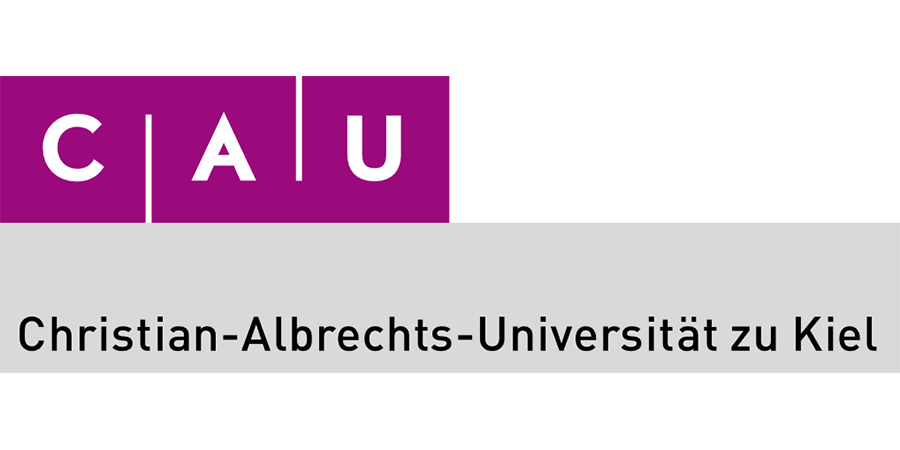Doctoral Researcher Position In “a Long Term-perspective On The Social And Cultural Context Of Quantitative Trends Of Human Impact Patterns On The Landscape“
Kiel University - The Cluster of Excellence ROOTS
| Qualification Type: | PhD |
|---|---|
| Location: | Kiel - Germany |
| Funding for: | UK Students, EU Students, International Students |
| Funding amount: | Not Specified |
| Hours: | Full Time |
| Placed On: | 4th November 2025 |
|---|---|
| Closes: | 15th December 2025 |
The Cluster of Excellence ROOTS (Social, Environmental, and Cultural Connectivity in Past Societies) at Kiel University in Germany explores the deep history of tightly intertwined social and environmental processes, in order to explain their long-term developments and to understand how they resonate into the present (https://www.uni-kiel.de/en/cluster-roots). ROOTS combines expertise from a wide array of disciplines ranging from archaeology to other natural sciences, life sciences, and humanities, creating a unique bridge between different scientific cultures.
The ROOTS experts are organized into six subclusters (Hazards, Dietary, Knowledge, Urban, Inequalities, Conflict), three supportive research platforms (Technical Platform, Data Management and Data Science Platform, Outreach and Dissemination Platform), as well as diverse central units (ROOTS Academy, Reflective Turn Forum, Methods Nucleus) to collectively pursue a research agenda targeting key parameters of socio-environmental connectivity related to (1) human subsistence and biodiversity; (2) inequality and conflict; (3) technology and environmental impact; (4) boundaries and well-being.
ROOTS will be housed in the ARCWorlds research building, which is currently being established at Kiel University, in a few years’ time. It will offer high-end infrastructure to realize innovative interdisciplinary research.
For its 2nd phase, ROOTS is offering a Doctoral Researcher Position in “A long term-perspective on the social and cultural context of quantitative trends of human impact patterns on the landscape“ (Subproject B3) starting 1st July 2026.
Profile: Archaeology, Geoarchaeology
The candidate will assess, integrate and evaluate the available data fit to quantify human impact on vegetation and landscape change based on environmental proxies on a long-term perspective throughout the Holocene period in a number of selected, well-researched micro-regions with suitable archives. These should be drawn, for reasons of comparison, from several of the following regions: the Northern European Lowlands, the Middle Range Mountain area of Central Europe, the Alpine region, the Aegean, and the Iberian Pensinsula. The candidate will correlate those impact patterns with the introduction and quantified impact of key technological innovations such as agriculture, animal traction, plough and wagon, metallurgy, etc. as well as forms of social organization as derived from settlement patterns, burial rites, and depositions. The candidate will finally develop and implement indicator data for transgenerational knowledge transmission patterns through long-term studies of material culture change and stability.
Required qualification: The candidate should hold an MA or MSc from Prehistoric, Classical or Geoarchaeology, and it would be favourable to have Experience in Palynological, Archaeobotanical and Geographical approaches, Modelling and programming, as well as an interest in Historical, Social and Anthropological questions. Active participation in the activities of the Excellence Cluster and especially the subclusters “ROOTS of Socio-environmental Hazards”, ROOTS of Knowledge and ROOTS of Inequality, as well as cooperations with the other ROOTS SCs are expected.
This position (subproject B3) is part of a joint call for 9 doctoral and 5 postdoctoral positions within the Cluster of Excellence ROOTS.
The application deadline for all positions is December 15, 2025.
For further information and the full Job Advertisement please click the 'Apply' button
To learn more about working & living in Germany, please visit: www.jobs.ac.uk/germany
Advert information
Type / Role:
Subject Area(s):
Location(s):









